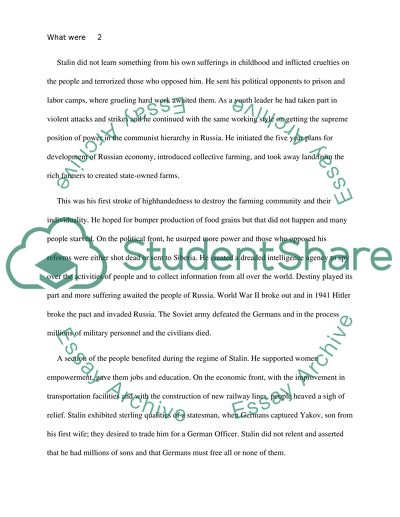Cite this document
(“What were the idealistic qualities of communism Research Paper”, n.d.)
Retrieved from https://studentshare.org/history/1478770-what-were-the-idealistic-qualities-of-communism
Retrieved from https://studentshare.org/history/1478770-what-were-the-idealistic-qualities-of-communism
(What Were the Idealistic Qualities of Communism Research Paper)
https://studentshare.org/history/1478770-what-were-the-idealistic-qualities-of-communism.
https://studentshare.org/history/1478770-what-were-the-idealistic-qualities-of-communism.
“What Were the Idealistic Qualities of Communism Research Paper”, n.d. https://studentshare.org/history/1478770-what-were-the-idealistic-qualities-of-communism.


